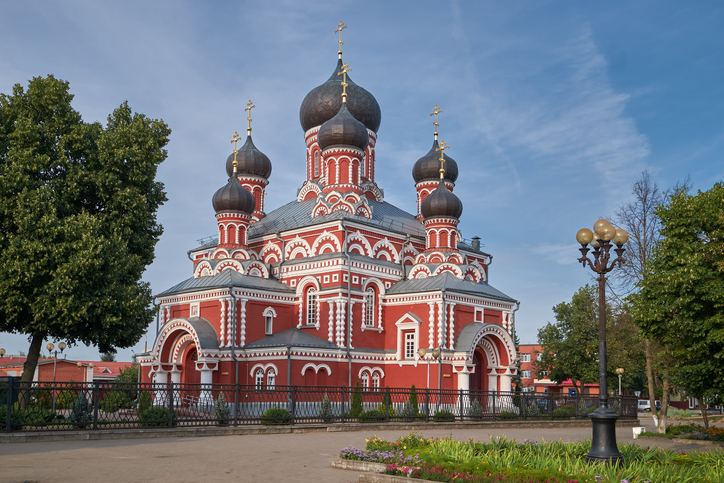
According to Lithuania’s Ministry of Foreign Affairs, Belarus will no longer allow students in its two Lithuanian-language schools to study in their native language. Instead, they’ll study in either Belarusian or Russian, with Lithuanian offered as a subject rather than being the language of instruction.
Belarus is home to two prominent schools catering to the linguistic needs of children from Lithuanian-speaking families. Since 1996, the schools have offered Lithuanian children the opportunity to learn in their heritage language.
“The Belarusian side has informed us that all national minority schools have to choose either Russian or Belarusian as their teaching language as of September 1,” Egidijus Meilūnas, the deputy foreign minister of Lithuania, told the Baltic News Service. “In other words, the Lithuanian language will remain only as one of the subjects.”
Shortly after the fall of the Soviet Union, the Lithuanian Ministry of Education, Science, and Sport began funding two Lithuanian schools. The schools cater primarily to students from Lithuanian families, as the country is home to a sizable minority of Lithuanian individuals. Lithuanian speakers make up roughly 5% of the country, and a handful of historically Lithuanian regions retain a majority of Lithuanian speakers.
The move is a stark reminder of the recent discord between Belarus and other former Soviet states. The relationship between Belarus and its Baltic neighbors has always been fairly complicated, but the recent war in Ukraine has increased tensions in the region. While countries such as Lithuania, Latvia, and Moldova have all condemned Russia’s invasion of Ukraine, Belarus has taken a decidedly friendlier stance toward Russia, allowing the country to station troops within its borders.
The government of Lithuania has called on Belarus to reverse its decision regarding the Lithuanian schools, but Belarus refuses. Although the schools are small (just over 200 students are enrolled), the Lithuanian government has noted that Belarus’s actions are “unacceptable” and “restrict the right of Belarusians of Lithuanian descent to receive education in their mother tongue.”







